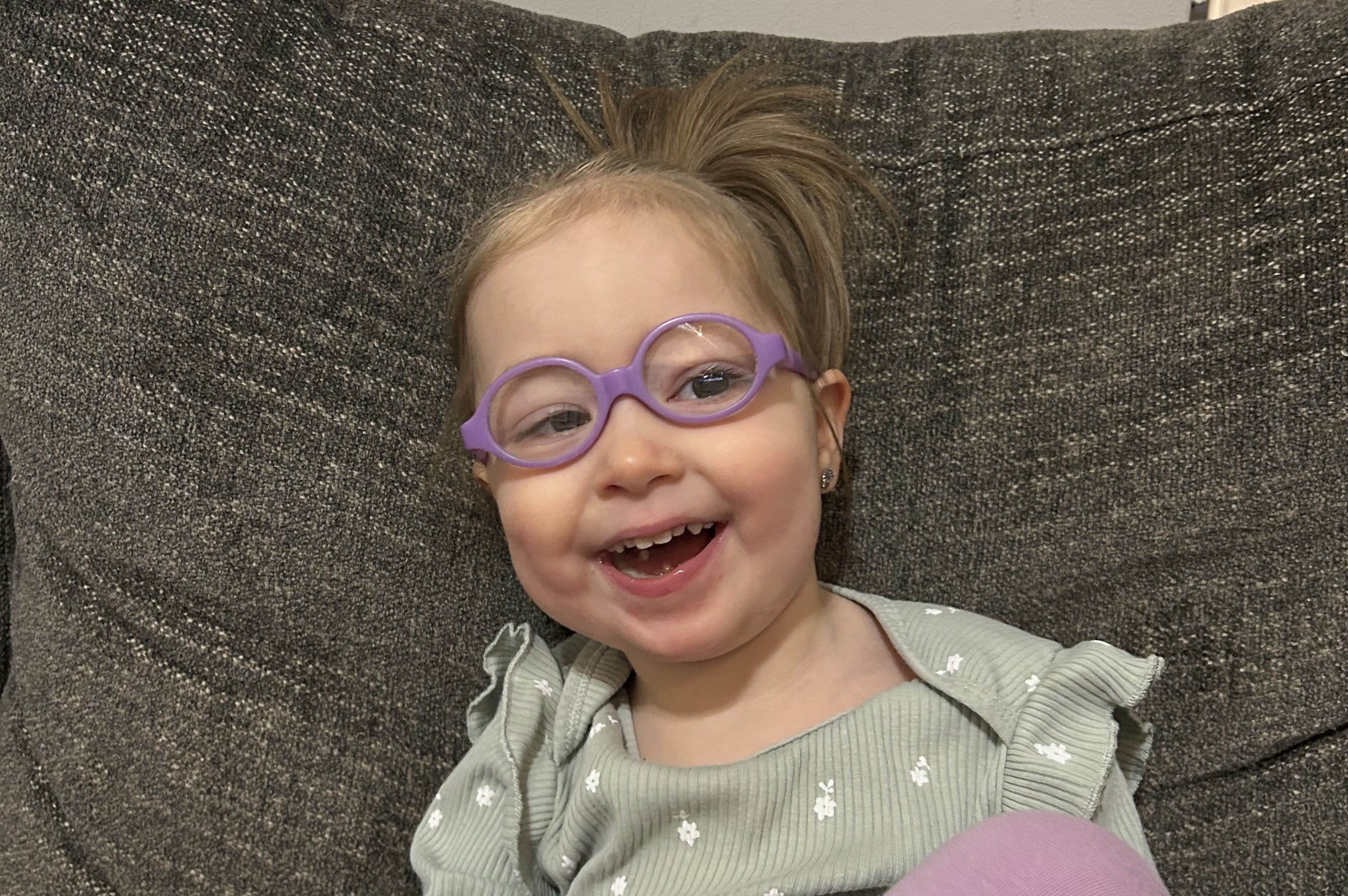From paper charts to AI: How technology is transforming nursing
In the ever-evolving world of health care, technology has become an integral part of the nursing profession. To explore this evolution, The Atlanta Journal-Constitution spoke with nurses from two generations: Lynn Thompson, a seasoned veteran with more than 40 years of experience, and Katelyn Little, a nurse who recently graduated from Augusta University with a Doctor of Nursing Practice-Family Nurse Practitioner degree.
Thompson, a clinical manager on the surgical care and trauma unit at Northside Hospital Gwinnett, has seen the nursing profession undergo significant changes during her four-decade career. When she began, nurses kept charts with pen and paper, unlike the computers they now wheel from room to room. She emphasized the importance of electronic medical records, such as Cerner, which have streamlined patient care and improved safety measures.
“Our vital sign machines automatically transfer the information into the computer system when they scan the patient,” she said. “We have systems that monitor patients’ vital signs and alert us if something critical is happening, so we can intervene quickly.”
Not only did charting take longer, but so did patient recovery. Thompson said those who underwent gallbladder removal, for example, had to stay in the hospital for a week and had multiple drains. Now, with advancements in surgical procedures and technology, patients can often go home the same day or the next.


Recent graduate Little, who works on a needs basis with the Northside Hospital system, has had a different experience with technology in nursing. Having been trained in electronic medical records and medication scanning systems in nursing school, she found the transition to the professional world relatively seamless.
However, she did encounter a learning curve when working in a bone-marrow transplant unit that relied on paper charting. “It was comical because I had to learn to paper chart after being trained with technology,” she said, laughing.
Little also highlighted the importance of technology in enhancing patient safety, noting that electronic systems can flag potential medication errors and alert nurses to follow up on critical lab values.

Both nurses agree that embracing technology is crucial for nurses at any career stage. Thompson advised: “Keep a positive attitude and be willing to learn. Changes will continue to happen, and it’s important to accept that.”
Little echoed that sentiment, encouraging nurses to understand the “why” behind new technologies and view challenges as growth opportunities. “A lot of times in health care, they’re implementing new technology because it’s better for patients and to make your job more efficient.”
Looking to the future, both nurses see technology continuing to shape their profession in significant ways. Little mentioned the emergence virtual nursing, AI and other trends. While she acknowledged some pushback and the irreplaceable value of human presence, she sees potential benefits, especially in patient education.
“When we start talking about AI, things like that, we’ve heard the negative and the fear attached,” she said. “Typically, people want to run away,” adding she hoped nurses would be willing to look for opportunities to grow.
Ultimately, Thompson captured the essence of nursing’s relationship with technology: “Everything will continue to change. We’re always looking for things to improve, make safer, and increase the quality of care.”



